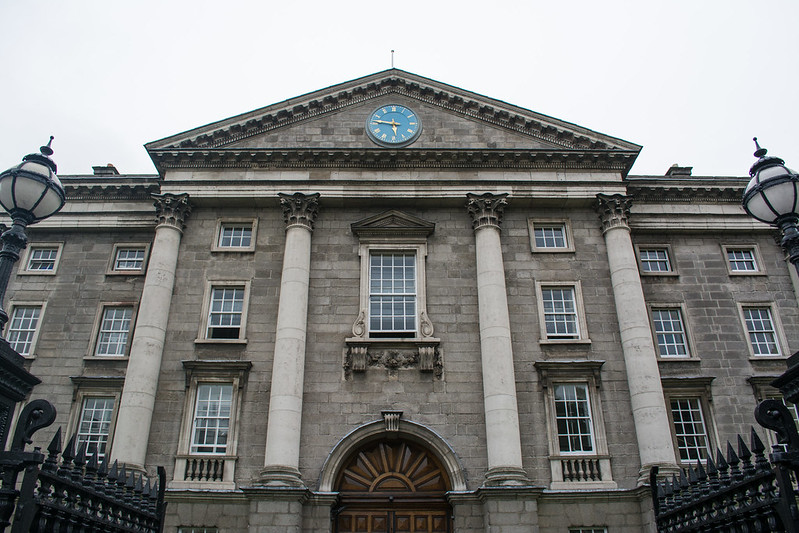Ireland’s universities are calling for €230 million investment from the government to offset the “massive blow” to their finances as a result of a drop-off in international student revenue.
Figures compiled by the Irish Universities Association (IUA) show colleges are set to lose out on €374 million in 2020 and 2021 as a result of the coronavirus pandemic.
They’re calling on the government to create a stability fund to pay for additional places for Irish students, as well as investing in a major international marketing campaign to attract international students.
As a result of falling international student enrollment, it is also quite likely that CAO points for courses with a large number of students from abroad will drop.
Yesterday, the director general of the IUA, Jim Miley, told RTÉ Radio 1 that colleges are bracing for an 80 per cent reduction in the number of first-year students coming from abroad next year.
He said universities hope the loss of international student revenue “will be temporary – that we will recover this critical business in two to three years”.
In the meantime, however, the fall represents a “massive blow”, he said.
Irish universities overall have become increasingly reliant on revenue from international tuition fees due to a reduction in state investment per student since the financial crash.
Miley’s comments come nearly a week after Provost Patrick Prendergast criticised the government for a lack of education funding in the wake of the pandemic.
In an interview with Pat Kenny on Newstalk, Prendergast – who has previously said that Trinity stands to lose up to €120 million in revenue in the coming two years – urged the government “as a matter of urgency” to step in and offset universities’ financial losses.
Prendergast said universities are going to lose out on much of the revenue they generate, “yet we have to deliver 100 per cent of our activities under even more challenging circumstances”.
Prendergast said that “education shouldn’t be way down the list” when it comes to government funding priorities.
“Education should be on the top of the list”, he said, adding: “We’d be saying it’s just not good enough that education – third-level, secondary or primary – should be way down the list.”







